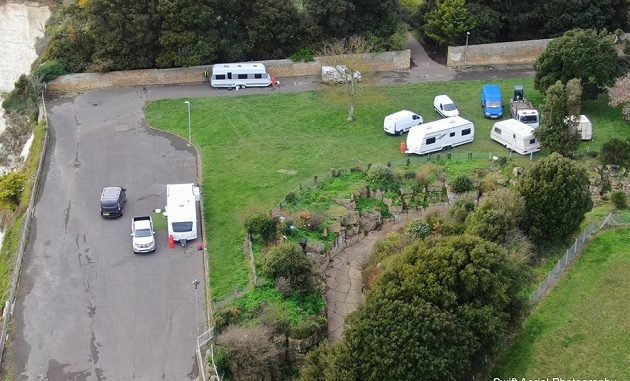
Concerns have been raised that the Ricki Savage 20 mile road race tomorrow (March 17) might be disrupted at the end of the route because a Traveller’s group has blocked part of the West Cliff promenade.
The race, organised by Thanet Roadrunners, is an annual event in memory of 27 year old Ricki, from Ramsgate, who died from a heart attack after completing the Dublin Marathon in 2013,
It starts and ends at the Boating Pool but part of the route is blocked after the Traveller group moved on to the site on Thursday.

They are some of those who had been at the Sunken Gardens, which now needs a clear up operation. Prior to that the group was at Dane Valley Green after being moved from the Marina Esplanade car park in Ramsgate.
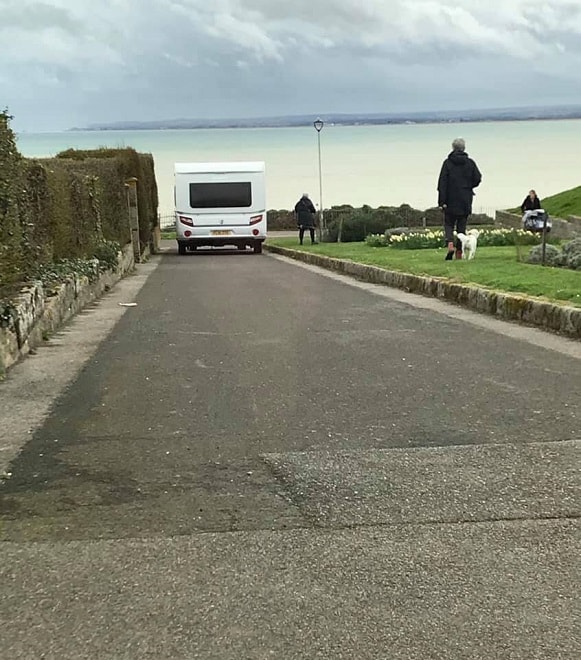
They moved to the car park on they day the group was evicted from the council-owned car park by Dreamland.
A council clear up also took place at Dane Valley.
Thanet council says it is aware of the new encampment and notice to quit has been issued.
A Thanet council spokesman said: “Thanet District Council is aware of the traveller group based at The Chine in Ramsgate. The location was attended by officers from the Community Safety team on Thursday afternoon. Having established that there were no welfare needs a Section 77 order has been served.
“If the group do not move on, an application for removal will be submitted to the Court.”
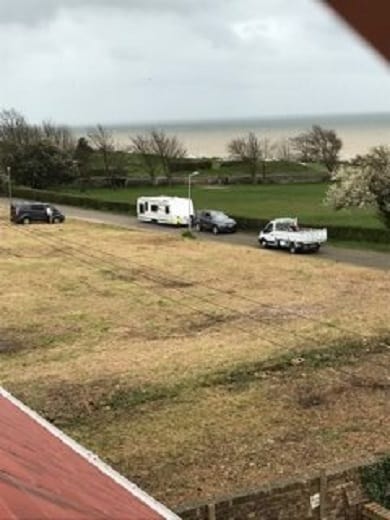
Since the order was served the encampment has grown with some members now parked at the Westcliff Mansions.
Need for an authorised site?
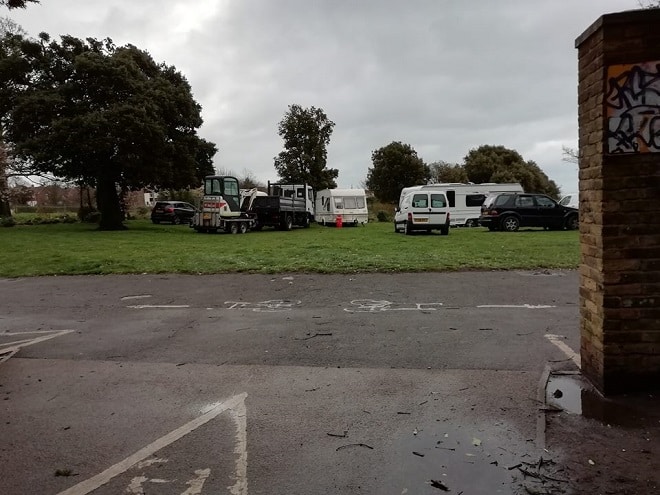
Thanet currently does not have an authorised site with the nearest being in Aylesham and Dover.
The Housing Act 2004 placed a duty upon local authorities to produce assessments of accommodation need for Gypsies and Travellers.
In Summer 2013 Canterbury, Dover District, Shepway and Thanet councils commissioned the Salford Housing & Urban Studies Unit (SHUSU) at the University of Salford to produce an updated Gypsy, Traveller and Travelling Showpeople Accommodation Assessment that was undertaken by DeMonfort University in 2007.
For Thanet it assessed that there was no need for permanent or transit pitches. For Canterbury the need was estimated at 40 pitches, Dover 7 and Shepway 7.
The Friends, Families and Travellers (FFT) group say there is a national shortage of Gypsy and Traveller sites and available stopping places in the UK. The group’s research shows there has been only been a 2% increase in socially rented pitches available between 2010 and 2017.
The charity says that over recent months at least 19 local authorities have obtained high court injunctions to prevent Gypsies and Travellers from stopping on public land in their area. The penalty for those who do stop on land that isn’t theirs can include a fine, imprisonment and having their property seized.
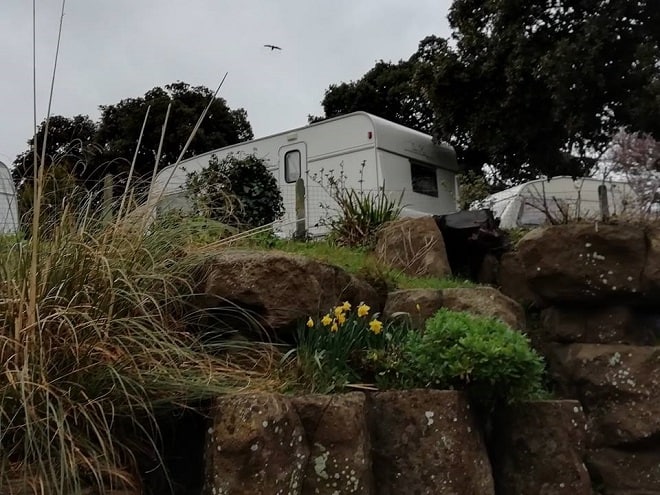
FTT say: “When we consider that most families stopping on unauthorised sites are doing so because there is simply nowhere else to go, we think that this is unjust, disproportionate and cruel.
“With local authorities largely failing to identify land in their local plans where Gypsies and Travellers can live, many families are statutorily homeless. As a result, the government’s July 2018 Caravan Count found that over 3000 families are living on unauthorised land. This creates an environment where Gypsies and Travellers are being pushed from place to place, with fewer or no safe places to stop.”
Thanet council process explained
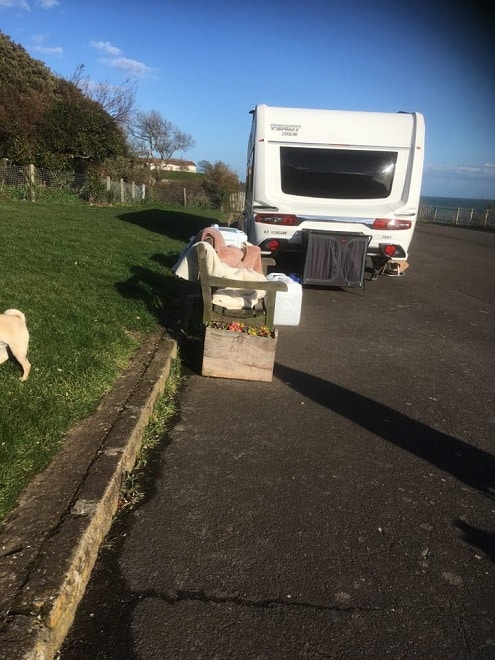
The first step is to notify Kent Police and Kent County Council’s Gypsy and Traveller unit.
TDC then visit the site to establish the extent of the encampment, make records of the number of caravans, tents or persons, complete required welfare checks, make records of vehicle registration plates and take photographs where necessary. Welfare checks are required by law and any welfare concerns are escalated to the relevant support agencies or departments.
If no concerns for welfare are raised or can not be evidenced, a Notice is served detailing an imminent departure time.
If welfare concerns are raised and can be evidenced or the encampment is in a location that causes no safety concerns and there are no other anti-social or criminal behaviours present then Government guidance states that the encampment should be tolerated for a short period of time.
If the encampment remains past the time detailed on the Notice, a first court hearing is requested. The timescales in order to carry out appropriate checks and obtain hearings may mean there is 7-10 days between first visit to the encampment and the first court hearing.
If agreed by Magistrates, the court will issue a summons to the occupants of the encampment requiring attendance at a second hearing. This is then served on the occupants by the council with police support.
The court can schedule this second hearing at anytime they see fit. The council cannot influence this timescale.
At the second hearing the court considers granting an order for removal; if granted this is then served on the occupants and gives them a date and time by which they must leave the land they are camped on.
If this order is not complied with then the council has to instruct bailiffs to forcibly remove the occupants and their vehicles.



